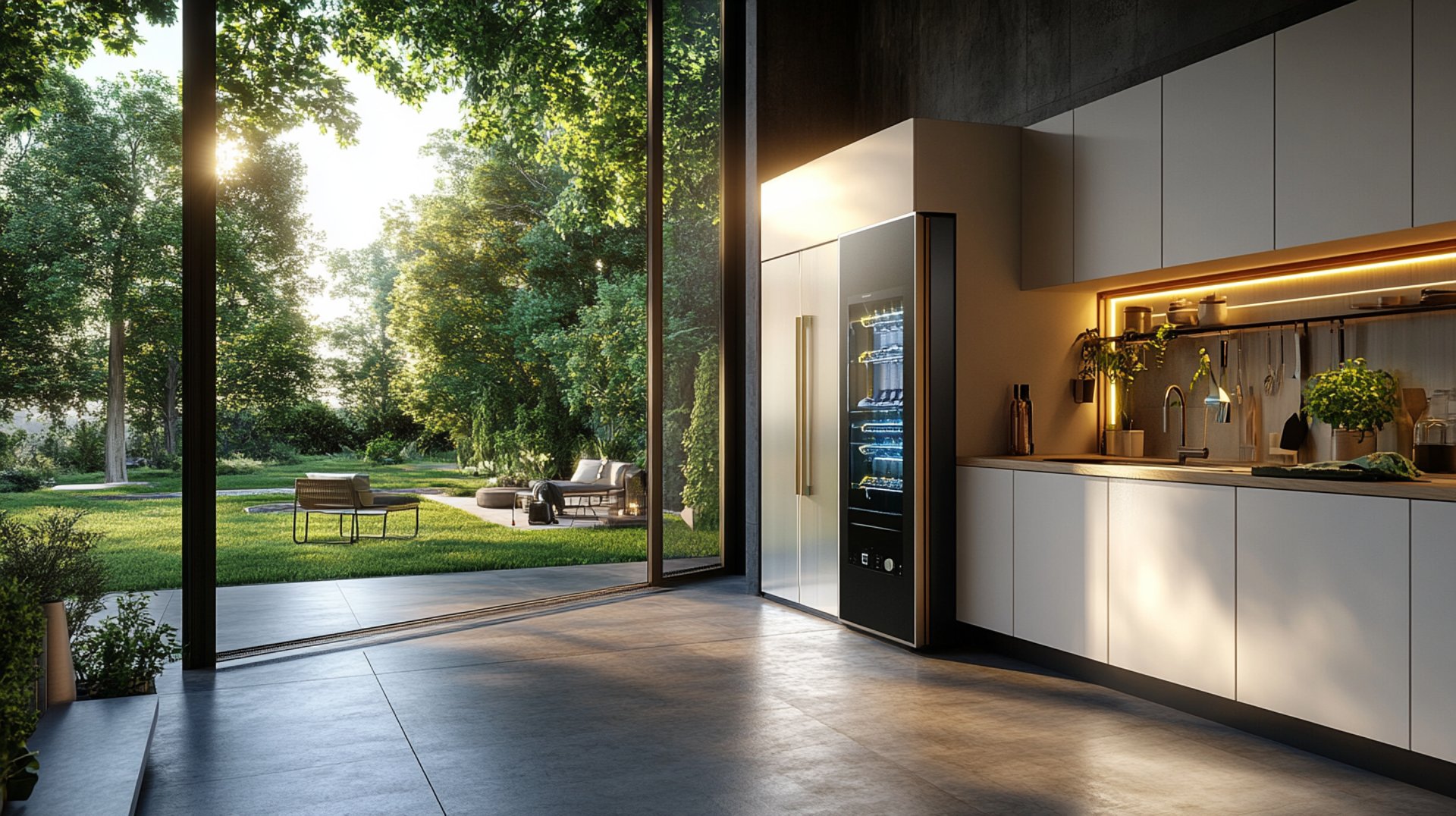
Solar Panels vs. Heat Pumps: Why a Battery is the Key to Home Energy
Comparing renewable energy for your home? Explore the pros and cons of solar panels vs. heat pumps and learn why battery storage is the key to an efficient system.
Connor Braddy
7/28/20254 min read


A Homeowner's Guide to Renewable Energy for the Home
For UK homeowners, the desire to reduce energy bills and lower their carbon footprint has never been stronger. The most effective way to achieve both is to incorporate renewable energy into your home. Modern renewable technologies allow you to generate your own power, providing a powerful alternative to relying on fossil fuels.
This guide will explore the most popular renewable energy systems available, explaining how they work and how to create the ultimate setup for your home.
Solar Panels (Solar PV): Generating Your Own Electricity
The most common renewable energy source for homes is solar panels. A solar PV system uses photovoltaic cells to convert sunlight directly into renewable electricity.
How it works: When the sun's energy strikes the panels, they generate electricity in the form of Direct Current (DC). A solar inverter then converts this into Alternating Current (AC) that can power all your electrical appliances.
Benefits: Installing solar panels is a proven way to save money on your electricity bills. You are generating your own electricity for free. Any excess energy you don't use can be sold back to the National Grid.
Heat Pumps: A Revolution in Low-Carbon Heating
Heat pumps are a highly energy efficient form of low-carbon heating. Unlike a boiler that burns natural gas to create heat, a heat pump cleverly transfers heat from the outside world into your home.
How they work: The system uses a refrigerant cycle to extract heat from the air, ground, or a water source and concentrates it to warm up your home's heating systems and hot water.
Different Technologies:
Air Source Heat Pumps: These are the most common type. They extract heat from the outside air-even in cold weather-and can also provide air conditioning by extracting cool air in the summer.
Ground and Water Source Heat Pumps: These systems use pipes buried in the ground or a nearby body of water to draw heat.
Solar Water Heating (Solar Thermal)
Distinct from Solar PV, solar water heating systems use solar thermal panels. Their specific job is to use the sun's energy to heat water, which is then stored in a hot water cylinder or thermal store. This is a very efficient way to reduce the gas or electricity you pay for to get hot water.
"You think of renewable tech like solar panels and heat pumps as separate add-ons. We see them as part of one system. The battery is the heart of that system, it’s what lets you use your own free solar energy to power your heating and have a whole home that’s connected and efficient."


Peter Marshall
Technical Founder
Volta Eco Systems
The Ultimate Renewable System: Combining Technologies
While each of these renewable technologies has its own benefits, the ultimate setup for energy efficiency is to combine them. The ideal modern system involves:
Generating Power with solar panels.
Using that free electricity to run a highly efficient air source heat pump for your heating and hot water.
However, there's a problem. This perfect synergy only works during the day. At night, your heat pump would have to draw expensive power from the grid. To solve this, you need one final component...
The Volta Eco PowerPod: The Heart of Your Renewable System
A home battery is the key that unlocks the full potential of your renewable energy generation. The Volta Eco PowerPod is designed to be the central hub of your modern, efficient home.
Complete Your System: The PowerPod stores the excess energy your solar panels generate during the day. This stored power is then used to run your heat pump and other appliances at night, ensuring you use the maximum amount of your own energy.
Intelligent Management: The ECOS app is the brain of your renewable system. It automatically manages the flow of power between your panels, battery, and home to maximise your savings and efficiency.
Energy Security: The PowerPod provides seamless backup power during a grid outage, ensuring your home stays warm and lit, whatever the weather.
Finding Support and Advice
There are often UK Government grants and schemes available to help with the upfront costs of renewable technologies. Organisations like the Energy Saving Trust in England or Home Energy Scotland can provide impartial advice on which systems are most suitable for your home.
Ready to create the ultimate renewable energy system for your home? Contact our team today.

Find out more about home solar energy below
Charged up?
Ready to learn more about our battery storage systems?
Get in touch with our experts today.


Registered office address
1501 Douglass Tower, 9 Goodluck Hope Walk, London E14 0XE
020 3297 7349
hello@voltaeco.co.uk
Company number 15724376









